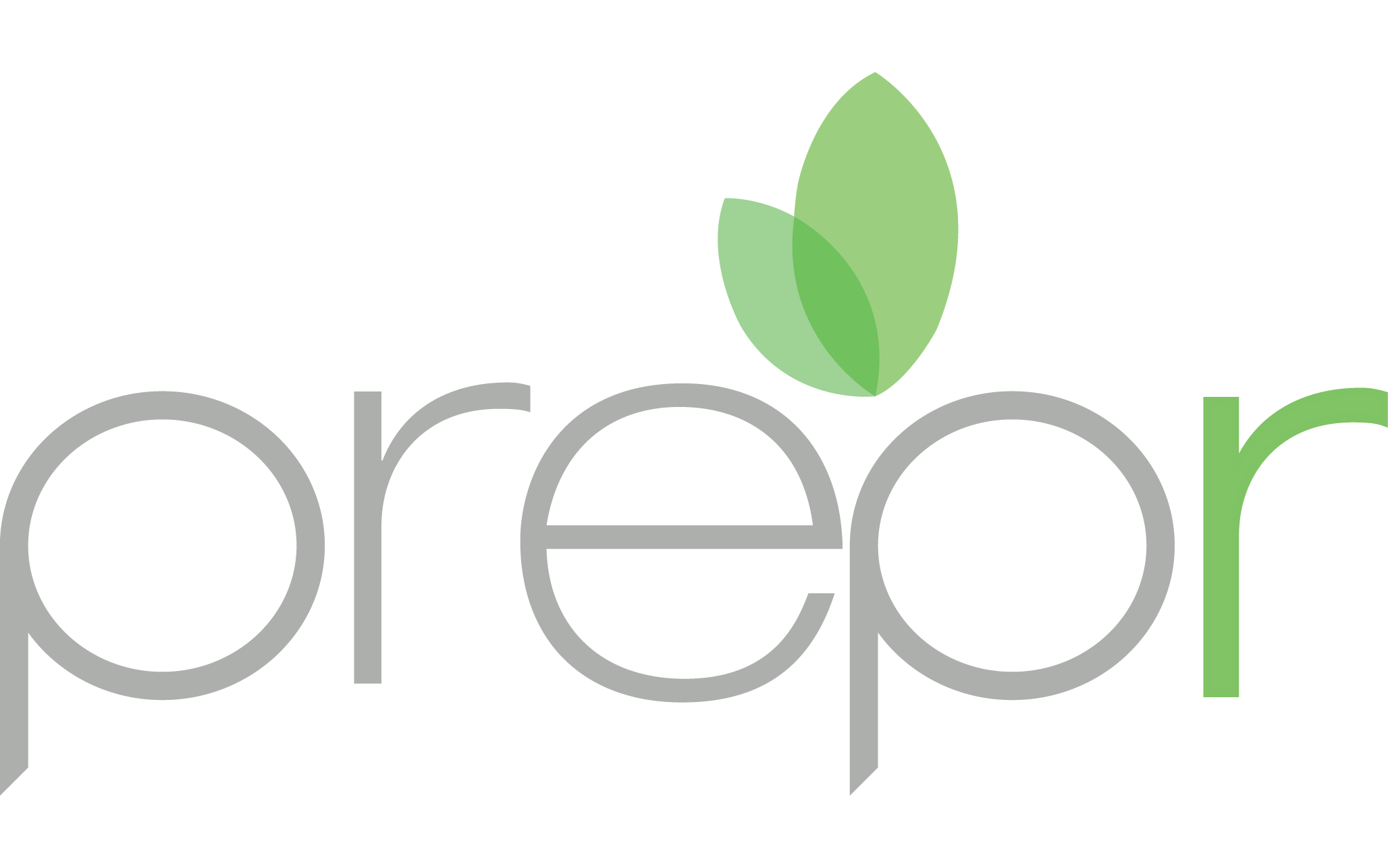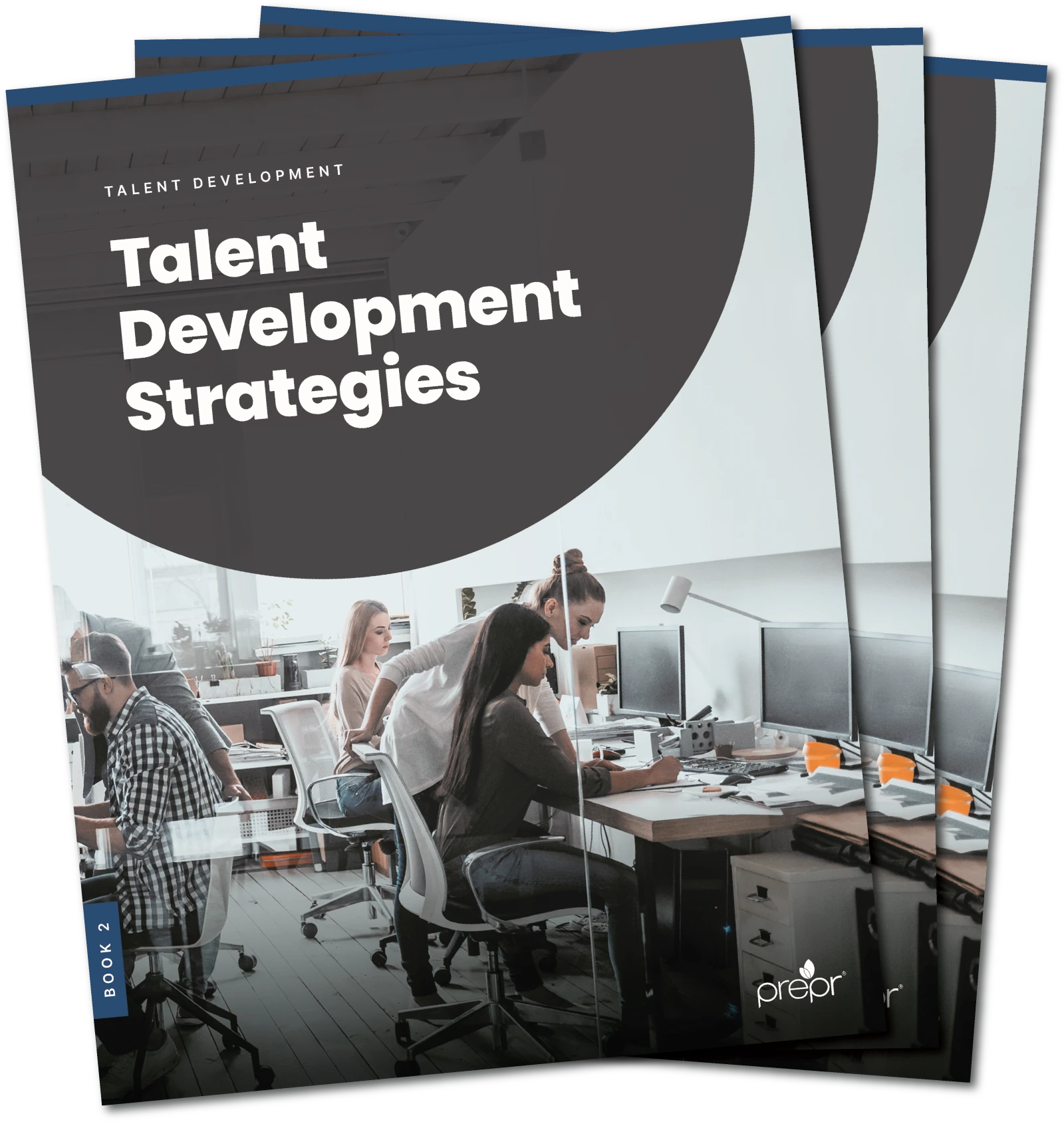09 Jun How to Create a Successful Individual Development Plan
When an employer has identified skills gaps in their workplace and decided they want to pursue internal talent development, they might choose individual talent development: developing individual employees’ skills rather than the whole company team.
So, how should an employer create an individual development plan (IDP)?
Considering the individual’s goals, strengths, and weaknesses, the employer can review the established skills gaps and company goals in order to plan a growth opportunity that personally fulfills the employee, a challenge they are excited to take on.
The employer should provide clear criteria and expectations for the employee to work towards, including activities like stretch assignments.

What are the key elements included in the IDP?
A variety of sources, ranging from the US Office of Personnel Management (OPM) to McGill University and Indeed emphasize some of the following key elements.
Employee profile
The employee’s basic profile would include information like job title, job description, and level of seniority within the organization. Establishing their primary role and function in the company.
Employee’s strengths and weaknesses
Identifying the employee’s unique strengths and weaknesses is essential to creating a plan for growth and learning. For this, the employer can use information gained from a personal meeting with the employee and their observations of the employee’s work.
Employee goals
The employee’s personal-professional goals are integral to consider when creating the IDP, because the growth opportunity will be personally fulfilling and rewarding.
When the talent development is tailored to an individual employee’s goals and interests, they have real incentive to work hard at their development. Moreover, establishing the employee’s goals informs the employer of roles that the employee could potentially advance to if the necessary skills were acquired.
Professional objectives
Professional objectives refer to the company’s goals for individual development: which skills are missing? How can those skills be nurtured?
Action plan
Lastly, the individual development plan needs a plan. This final step asks the employer to consider all of the factors to make an action plan for how to achieve the objectives while appealing to the individual employee.
All of these elements make up a comprehensive individual development plan that encourages a tailored approach. The employer ideally works with the employee to finalize the plan and support the employee as they begin their development.
After setting up a holistic, ambitious, but realistic individual development plan for an employee, the employer can take steps to support them along their growth journey.

How can the employer support an employee with their IDP journey?
The following are five top tips to support and encourage individual employee growth success:
Trust the employee
If the employer can trust their employee enough to give them ‘stretch assignments,’ then the employee is likely to feel more valued.
Stretch assignments allow the employee to learn by doing, being given tasks that are beyond their current skills set. The employer places a certain amount of trust in not only the employee’s ability to deliver results but also their ability to learn and grow.
Stretch assignments are an effective work-integrated learning or experiential learning opportunity that challenges employees who lack the necessary skills and inspire them to learn by applying themselves.
Measure their progress
Along the growth journey, the employer can measure the employee’s progress, either by observing their work habits and deliverables or by regular check-ins with the employee, asking them how their growth is coming along.
The employer can even use select apps for talent development that assist with tracking progress data. Measuring their progress can further motivate the employee and reassure them that they genuinely care about their progress.
Provide constructive feedback
Along with tracking progress, the employer can support their employee by providing constructive feedback. That is to say, providing feedback that will encourage and inspire rather than belittle and demotivate.
The employer also practices their leadership soft skills by providing progress feedback carefully and productively.
Foster a supportive company culture
While the employer can take steps to support the employee’s growth personally, they can and should also take steps to create a supportive environment in the workplace.
This means fostering a company-wide growth mindset, with employees uplifting one another and recognizing one another’s success. This company culture can also originate out of formal activities, like weekly lunch meetings to recognize employees’ growth and achievements.
Value the employee’s involvement
Lastly, the employer can support individual growth by including the individual in their talent development plan. The employer can value the individual’s involvement by working closely with them to develop and execute the plan successfully.
Take steps to check in with the employee regularly and ensure that they feel good about themselves and their growth. Moreover, check-ins with the employee can serve as opportunities for the employee to raise concerns or challenges that they are facing.
This gives the employer valuable feedback about the talent development strategies in place and allows them to address stunting growth issues directly.
In Summary
Supporting employees with their growth on an ongoing basis, rather than abandoning them to navigate their own development, can be integral to the overall success of the internal talent development.
Employers should make a conscious effort not only to craft a tailored individual development plan carefully but also to actively support employees as they undergo the developmental journey.
Want to learn more about talent development?
Learn how your organization can launch and run an effective talent development program, even in hybrid and remote workplaces. Our eBook gives the facts you need to get started.

